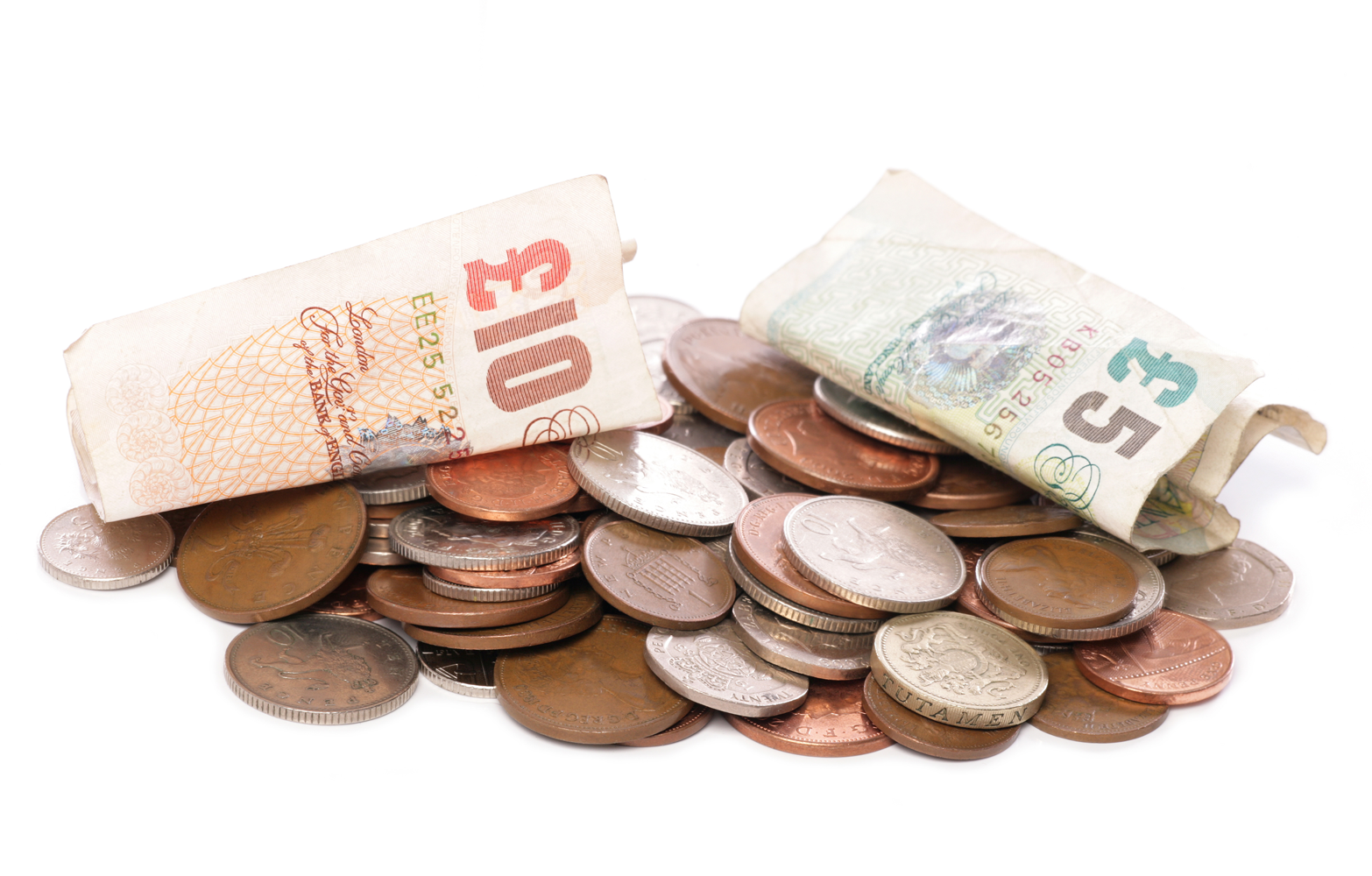News
Cash use drop means ‘no plans to make 2p or £2 coins in next decade’

The continued decline in the use of cash – accelerated by the coronavirus crisis – means the Royal Mint has no plans to produce new 2p or £2 coins for at least 10 years, a report reveals.
Cash use has tumbled in recent times as it was used in six out of 10 transactions a decade ago to less than three in 10 last year.
The Covid-19 outbreak may have accelerated this trend as data showed the demand for notes and coins declined 71% between early March and mid-April during the lockdown period.
According to the Production and distribution of cash report by the National Audit Office (NAO), the decline in the use of cash is putting pressure on the system.
This has consequences for older, low income, more vulnerable people who rely on cash, particularly at a time when free-to-use ATMs are closing at pace.
In the two years to December 2019, there was a 17% reduction in free-to-use cash machines.
While the government announced in March it would bring forward legislation to protect access to cash, and LINK, together with the Payment Systems Regulator, have protected ATMs in areas where provision is limited, the proportion of free ATMs has declined faster in more deprived area, the NAO noted.
Further, this change in cash use is having an impact on the production of coins, it said.
Coin production shrank 65% in the last decade to 383 million UK coins a year in 2019/20, from around 1.1 billion in 2010/11.
When the Royal Mint replaced the old £1 coin in 2017, large volumes were returned which exceeded targets in all denominations. As a result, the Royal Mint said it had no plans to produce new 2p or £2 coins for at least 10 years.
But the NAO said demand for notes continues to increase, reaching a record high of 4.4 billion (£76.5bn value).
The report also noted that since the introduction of polymer notes and the 12-sided £1 coin, counterfeit levels are “very low”.
Gareth Davies, head of the NAO, said: “As society progresses towards the wide use of digital payments, the use of cash in transactions is dwindling. It may become harder for people to access cash when they need it and those without the means to pay digitally will struggle if cash is not accepted.
“HM Treasury now works more closely with the public bodies in the cash system to achieve the government’s goal of safeguarding access to cash. However, the approach is fragmented, and it is not clear that the action being taken will keep up with the pace of change.”
CEO of NoteMachine, Peter McNamara said: “The Royal Mint not making any more 2p or £2 coins will have a more significant impact than many people realise. Cash isn’t purely relied on by the vulnerable and elderly. In fact, 43 million consumers – the majority of the UK adult population pre-lockdown – were using the LINK network to withdraw cash each month, and we’re seeing numbers climb back up to this figure as the economy starts to open up again. And it’s not just bank notes that are used every day – coins are a vital means of budgeting for thousands of people throughout the UK as they provide a tangible way for people to keep track of their spending.”